
 Instagram
Instagram
Is the Morning After Pill Free?
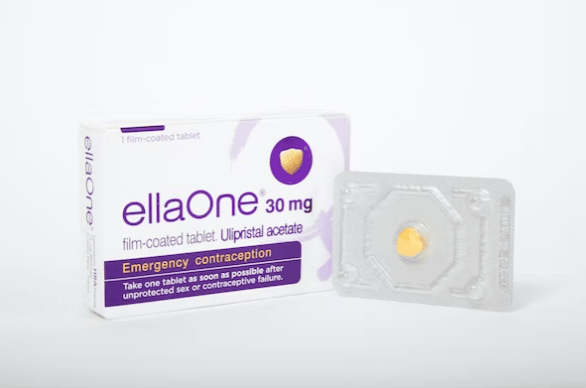
Related products
What’s covered?
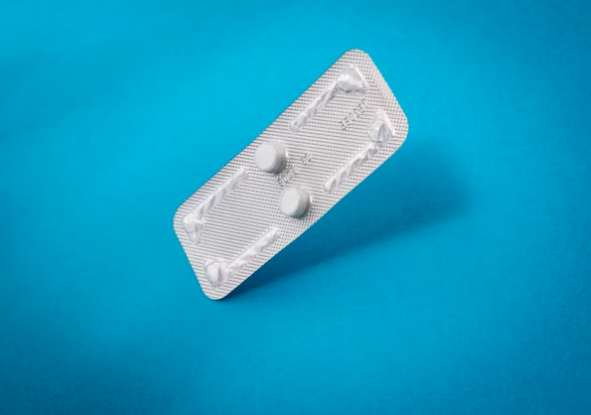
Improving women’s access to modern contraceptive methods has been a salient step in promoting and acknowledging women’s sexual and reproductive rights globally; that is, the rights to control their fertility and enjoy sexual relations without necessarily being associated with reproduction.
Emergency contraception (EC) is a tool available to women who desire to prevent unplanned pregnancies and maintain fertility control. The World Health Organization (WHO) defines EC as methods of contraception that a woman can use to prevent pregnancy in the first few days after unprotected or inadequately protected intercourse. There are two general categories for EC methods: emergency contraceptive pills containing hormones and intrauterine devices. This article highlights the facts and trivia surrounding hormonal emergency contraception use.
What is emergency contraception?
Research on post-coital use of contraceptives started in 1960s. In the 1974, Canadian scientist Albert A. Yuzpe discovered that multiple doses of contraceptives taken after a few days of sexual intercourse could prevent pregnancy by flooding a woman’s system with a burst of hormones.
The 'morning after pill' has become the common term for post-coital contraception (PCC), which is technically incorrect and misleading. General practitioners and women believe this intervention is effective only within 24 hours of the sexual encounter, while treatment with the 'morning after pill' (combined oestrogen-progestogen pills) is effective if initiated within 72 hours. With this, experts have been suggesting the amendment of the common usage and that 'emergency contraception' would be a more fitting term.
Emergency contraception is used after the coitus and before pregnancy occurs, hence not abortifacient. The application of this method is mainly underutilized worldwide. In developing countries, lack of knowledge and access to EC may lead women to resort to unsafe abortions, contributing significantly to maternal morbidity and mortality.
And although emergency contraceptives are not a daily contraceptive method, they must be available as a post-coital contraceptive for those women who attempt to avert an unintended pregnancy. Improving its availability might decrease unwanted pregnancies and unsafe abortions, particularly in areas where abortion is strictly prohibited.
How does morning after pill work?
Oral hormonal contraceptives prevent pregnancy by repressing ovulation and impairing the fallopian transport of the egg and sperm, thereby preventing fertilization and implantation of the fertilized egg, should fertilization occur. It is generally effective if taken within 72 hours of sexual act but more effective if taken within 24 hours thus, easy access to the drug is crucial for its effectiveness.
Types of emergency contraception
There are two general EC methods categories: emergency contraceptive pills and intrauterine devices.
Emergency contraceptive pill
-
Levonorgestrel (Levonelle)
Levonorgestrel is a single pill taken up to 72 hours after unprotected sexual intercourse. The hormone levonorgestrel, which this pill contains, is similar to the natural hormone progesterone produced by the ovaries.
-
Ulipristal acetate (ellaOne)
It is a single pill containing ulipristal acetate, usually taken by women within 5 days after unprotected intercourse. It delays or stops ovulation and interferes with the production of the hormone progesterone. Taking drugs that contain progestin may make them less effective. Your doctor may advise you to use a pill containing levonorgestrel instead or to get an IUD.
Intrauterine device (IUD or coil)
An IUD refers to the small T-shaped copper and plastic device designed to stay in place inside the uterus. This coil slowly releases small amounts of copper, which changes the environment inside the womb so sperm can't survive. Inserting the emergency IUD no more than five days after unprotected sex contributes to its higher effectiveness. It can also be used as ongoing contraception for several years, depending on the coil used and your age. It is over 99% effective at preventing pregnancy.
How effective are morning after pills?
The so-called morning-after pill contains oestrogen and progestin and works about three-fourths of the time. However, it often causes nausea and vomiting. Recent studies reveal that a pill without oestrogen but with a larger dose of progestin (also called progesterone) prevents conception more effectively than the dual pill and causes fewer side effects.
In general, the pill has more chance to be effective the sooner it is taken after the sexual encounter. It mainly takes effect if taken before ovulation (release of an egg). A clinical consultation will decide what emergency contraception is suitable for you. Meanwhile, the emergency IUD is always more effective than the emergency pill.
Side effects of using the emergency pill
Morning-after pills are pretty safe. They do not pose severe or long-term side effects, but they can give you headaches. The next period also typically becomes earlier, later, or heavier than usual.
In addition, women requesting the ‘morning after pill’ can be interpreted as taking responsibility after risk exposure. While post-coital treatment with combined oestrogen-progestogen pills delivers no serious or long-term complications, the side effects can be undesirable, limiting compliance and reducing efficacy. More importantly, pregnancy prevention after unprotected intercourse does not protect against the risk of contracting a sexually transmissible disease (STD).
Nevertheless, the World Health Organization Medical Eligibility Criteria for Contraceptive Use does not exclude anyone from using either type of morning-after pills. According to the American College of Obstetricians and Gynaecologists (ACOG), all women of reproductive age should be granted unrestricted access to emergency contraception.
When should you take emergency contraception?
As previously stated, the person should use emergency contraception immediately after unprotected sex for optimum efficacy. To reiterate, the hormonal emergency contraceptive pill, Levonorgestrel, is effective up to three days (72 hours) after sex. On the other hand, the non-hormonal pill, ellaOne, is effective up to five days after. You must be clear on when you had sex to get the most efficacious treatment. The emergency contraceptive IUD can be fitted up to five days (120 hours) after sex or up to five days after the earliest time you could have ovulation.
Sometimes, you might want to have the morning-after pill in advance. One practical reason could be that you’re worried about your routine contraception failing. As a matter of fact, even if you already use another regular contraceptive, you might also need to take the EC pill, such as under the following circumstances:*
-
Forgetting to take your regular contraceptive pill
-
Not using your contraceptive ring or patch properly
-
Being late with your contraceptive implant or injection
-
Vomiting and (or) diarrhoea
It is perfectly safe to have your usual contraception after taking the emergency pill; however, this varies depending on the type of pill you take.
-
If you’ve taken Levonorgestrel, restart your routine pill/patch/ring instantly. Depending on your contraceptive, you’ll have to use condoms for up to the next seven days.
-
If you’ve taken ellaOne, you’ll need to stop your patch/pill/ring for five days before restarting using it. It would be best if you use condoms during that time and up to another seven days to make sure your contraception becomes effective again.

Who can use the emergency pill?
Most women are able to use the emergency contraceptive pill, including those who can't use hormonal contraception, such as the combined pill and contraceptive patch. Females under the age of 16 years old can also use it.
The only exception is if you have an allergy to anything in it, severe asthma, or have taken any medicines that may interact with it, such as but not limited to:
-
The herbal medicine St. John's Wort
-
Certain drugs for treating HIV, epilepsy, or tuberculosis (TB)
-
Some less commonly used antibiotics (rifampicin and rifabutin)
-
Medication to cause your stomach to be less acidic, such as omeprazole
Specifically, a person cannot use ellaOne can't if she's already taking one of these medicines, as it may be ineffective. She may still use Levonelle but with an increased dosage.
This obliges the person to tell a GP or pharmacist what medicines she's having, and they can advise her if the safety precautions to take with the emergency contraceptive pill. The patient information leaflet also comes with the medicine for more information and guidance.
Breastfeeding
Breastfeeding mothers can use Levonelle. Minimal amount of the hormones in the pill may pass into the breast milk which no expert has concluded to be harmful to the baby.
On the other hand, the safety of ellaOne for breastfeeding moms is not yet confirmed. The manufacturer suggests no breastfeeding for a week after taking this pill, though.
Is emergency contraception free?
You will have to pay for the pill should you purchase it from a pharmacy, online or high street. The more common Levonorgestrel is around £10 per pill, while the more effective ellaOne comes more pricey at about £30 per pill. A clinician or pharmacist can advise on which type of pill will be most suitable for you.
Meanwhile, the emergency IUD is only available from sexual health centres, contraception clinics, or GP surgeries and comes free on the NHS.
Where to procure emergency contraception?
Despite some moral reservations from different sectors and concerns about how the drug would be distributed, the availability of the so-called "morning after pill" has been broadly embraced. Women have become curious about where to get emergency contraception. The emergency pill is obtainable from most high street pharmacies and even online; however, this typically comes with a charge.
You can avail morning-after pill from:
-
Some pharmacies (though not all)
-
Contraception clinics
-
Most sexual health or genitourinary medicine (GUM) clinics
-
Most GP surgeries
-
Brook sexual health clinics
You can avail emergency coil from:
-
Contraception clinics
-
Brook sexual health services centres or clinics
-
Most GP surgeries
The health professional you consult may ask:
-
If you have had unprotected sex during your current menstrual cycle
-
The date of the first day of your last period and the average length of your cycle
-
Details of any contraceptive method failing (i.e., how many pills you may have missed and when)
-
If you`ve had certain medications that may affect your birth control
The hours after an unprotected sexual encounter can be terrifying and cause you to panic. But it’s essential to keep calm and remember that emergency contraception is available and is even free on the NHS. Although solely relying on the emergency pill is not advisable as regular contraception, they are remarkably effective, preventing up to 95% of unplanned pregnancies on average.
The morning-after pill is widely available, as is the emergency IUD. If you have concerns about unplanned pregnancy following unprotected sex, you should visit a pharmacy or a sexual health clinic as soon as possible.
Can I get the emergency contraceptive pill in advance?
You can have the emergency contraceptive pill in advance of having unprotected sex if:
-
you're worried that your contraceptive method might not work
-
you're going on holiday
-
you can't get hold of emergency contraception easily
Talk to a healthcare professional for additional guidance regarding advanced emergency contraception. You can also discuss with them your options for regular methods of contraception.
Things to note when taking the emergency contraceptive pill
-
The sooner you take EC pill, the more effective it'll be.
-
Vomiting within 2 hours of taking Levonelle or 3 hours of taking ellaOne may imply that they have not worked. Arrange an appointment with your emergency contraception provider for a recommendation of another dose or a suggestion of installing an emergency IUD.
-
Although EC pills can be used more than once monthly, they are not designed for frequent use. Routine contraception is a better option for longer-term birth control.
-
EC pills do not protect you from any future unprotected sex, thus a need to consider longer-term contraceptive options.
-
Since the morning-after pill does not work 100% effectively, it is better to take a pregnancy test to confirm it has worked, especially if your next period is shorter or lighter than usual or doesn’t arrive at all.
-
Emergency contraception does not protect you from sexually transmitted infections (STIs).
-
Emergency contraception doesn't cause an abortion.
-
Emergency contraception doesn’t work if you’re already pregnant.
Final words
The morning-after pill and the abortion pill are two very different medications (also called medication abortion). It is not possible to get pregnant while taking the morning-after pill. If you are already pregnant, it will not have any effect. Still, it also will not have any negative impact on your pregnancy. Birth control, including emergency contraception like the intrauterine device (IUD), is not the same as abortion. It does not terminate a pregnancy; instead, it stops a pregnancy from occurring.
If you want to learn more about contraceptive pills and which ones work best for you, click here for further reading.
Contraceptive pills & services
- Contraceptive treatment
- Buy rigevidon
- Buy Yasmin combined contraceptive
- Buy Cerazette
- Buy Mercilon
- Buy Cerelle
- Buy EllaOne emergency contraceptive
- Buy Triadene
- Buy Qlaira
- Buy Synphase
- Buy Sunya
- Buy Norgeston
- Buy Levonorgestrel
- Buy Ovranette
- Buy Femodette
- Buy Dretine
- Buy Levonelle
Contraception articles
- Is the morning after pill free?
- Can I get over the counter birth control pills?
- What are the benefits of the progesterone-only pill?
- What's The Difference Between The Combined Pill And The Mini Pill?
- When to take the morning-after pill?
- Natural Contraception Methods
- IUD Coils Explained
- Contraceptive vaginal rings explained
- What is a diaphragm contraceptive?
- What contraceptive is best for me?
- How does the contraceptive pill work?
- What is coil contraception?
- What are contraceptive injections?
- Is it safe to take contraceptives?
- What is the most effective form of contraception?
- Are contraceptive implants safe?
- Are birth control pills safe in the long run?

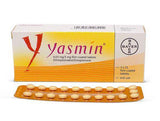
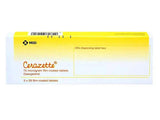
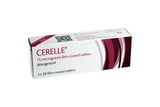

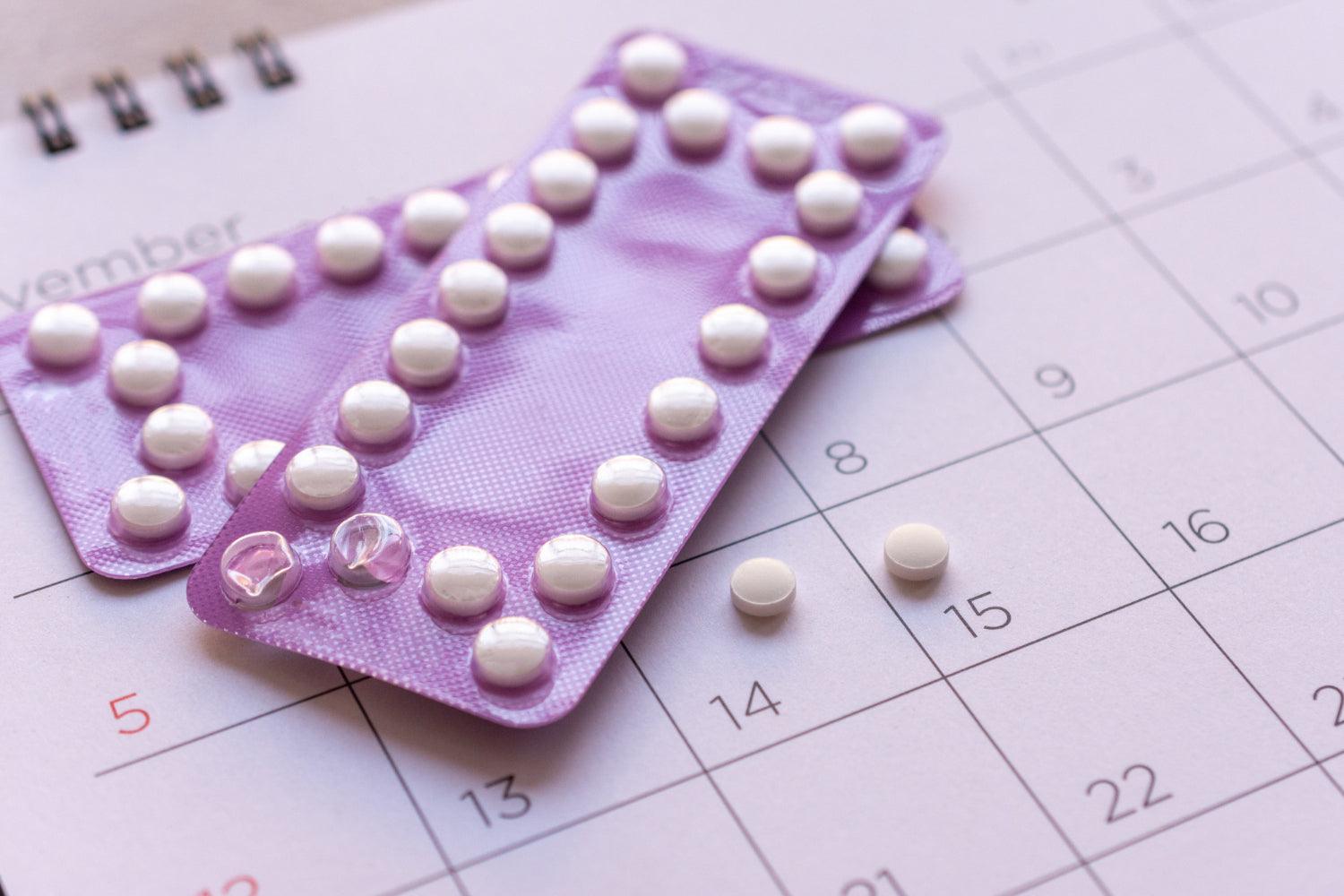

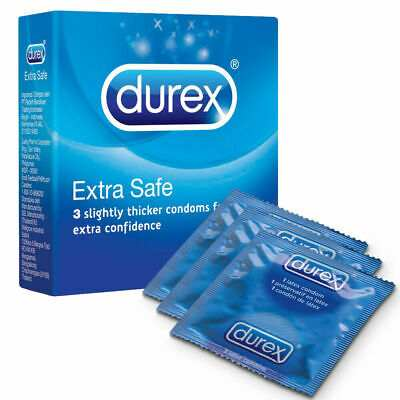


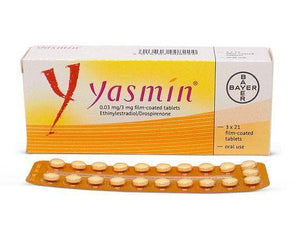
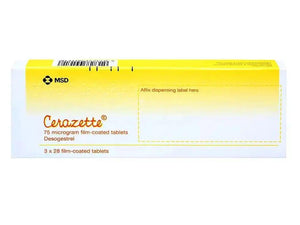
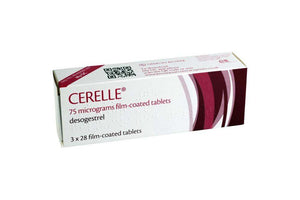

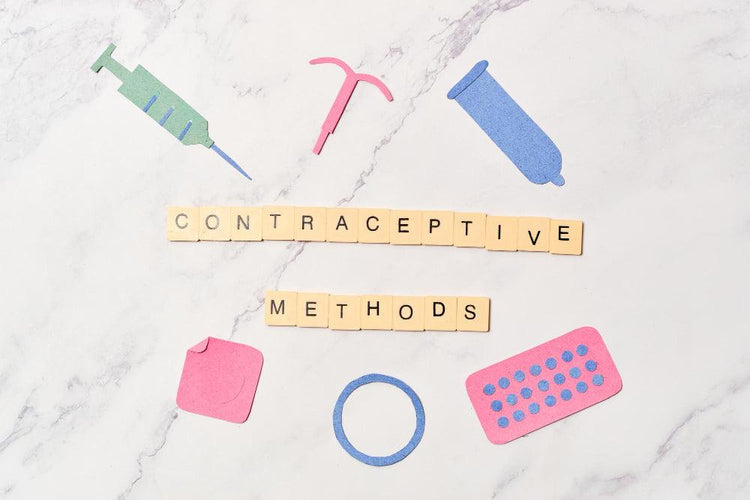
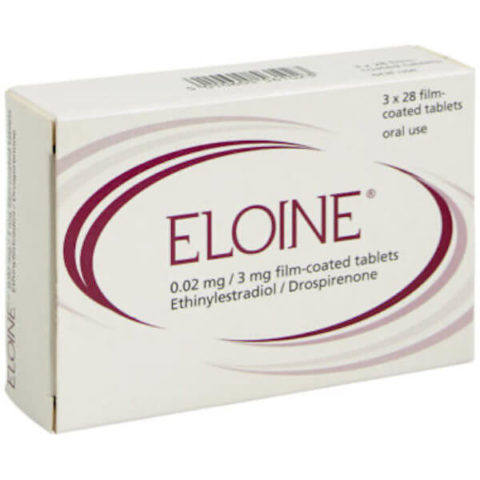

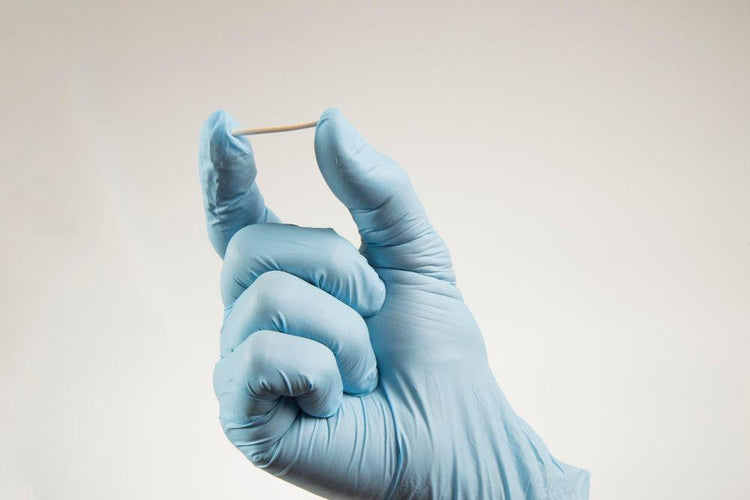
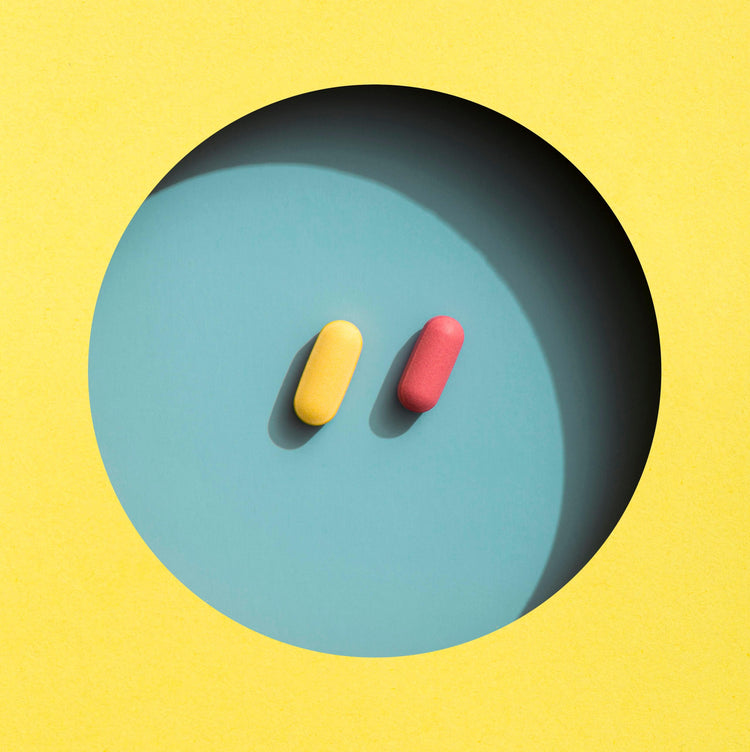
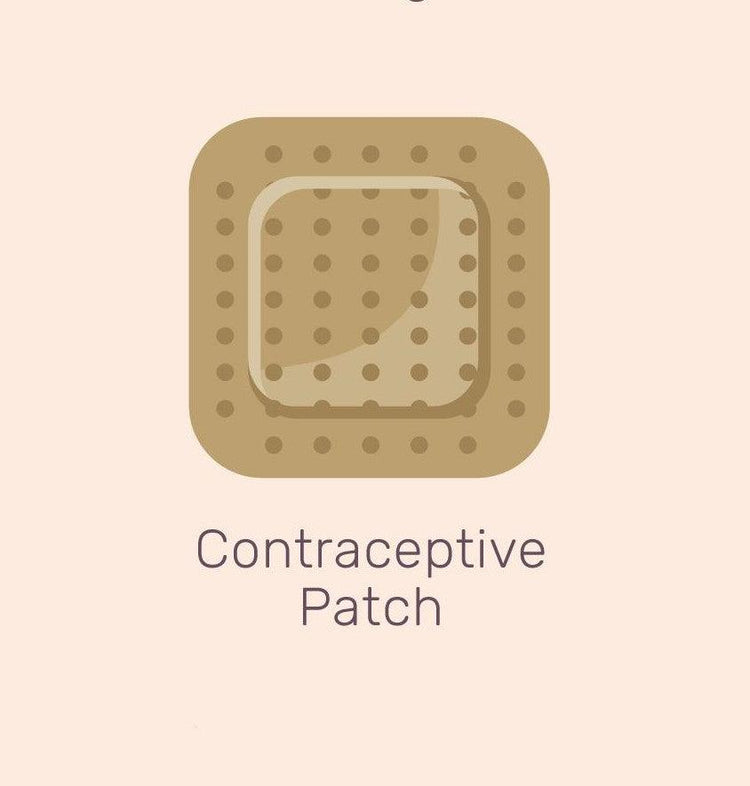
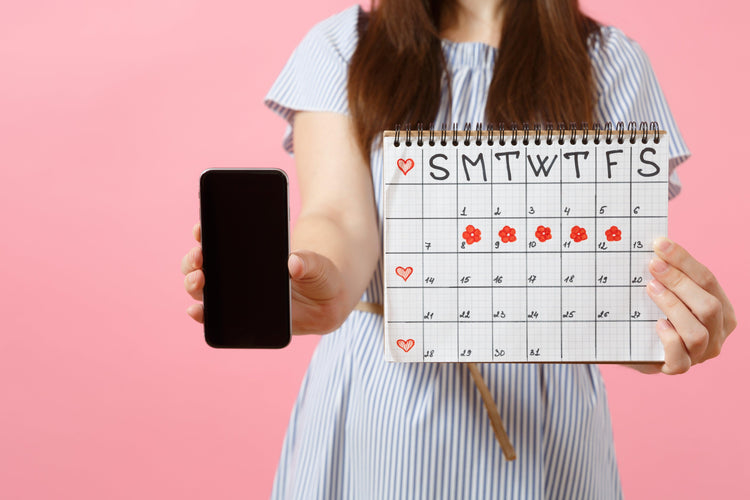
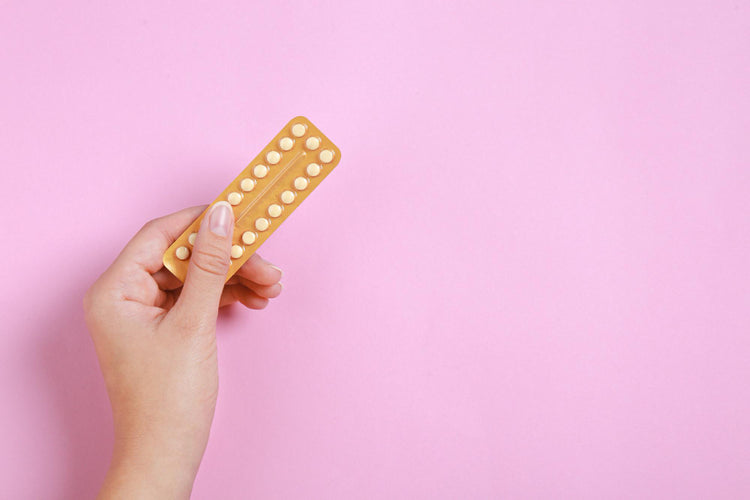
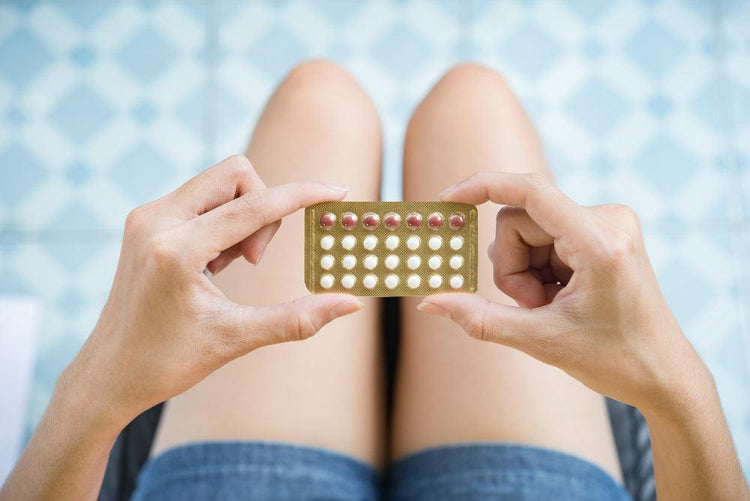
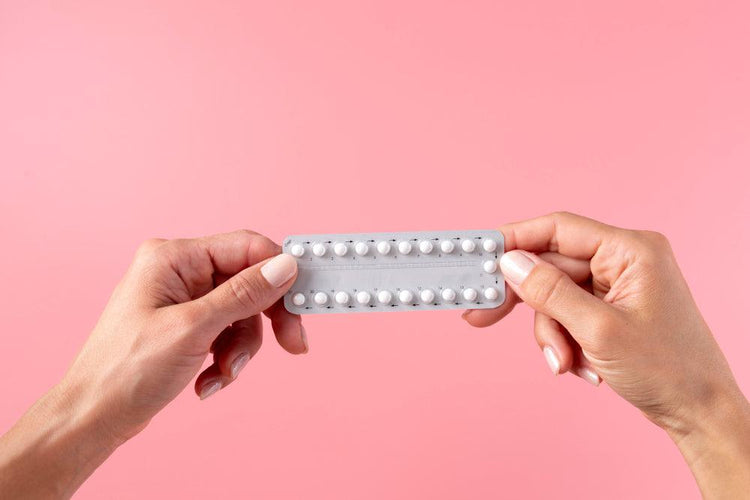
 Rated Excellent by 26,523+ Reviews
Rated Excellent by 26,523+ Reviews